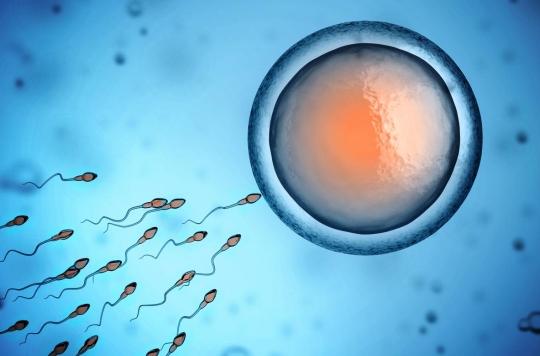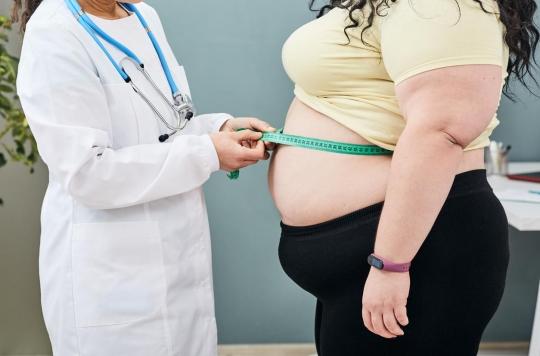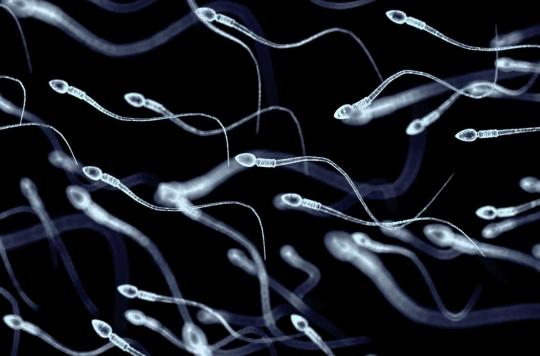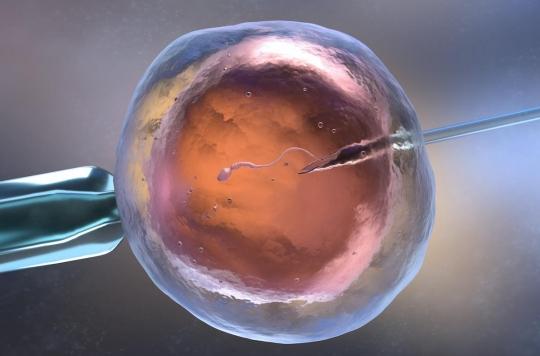The surplus of warmer days would have an impact on the birth rate, a little less than a year later, advances an American study.

Are we going to pay for the high temperatures of this month of November next August? Possible, according to a recent American study. This work suggests that heat episodes could cause a drop in the number of births in the following 8 to 10 months. One more effect of global warming which occurs a few weeks before the start of the major world climate conference, COP21.
Birth decline
The study was published by the National Bureau of Economic Research (National Bureau of Economic Research, NBER), American private organization dedicated to economic sciences. Titled like a wink “Maybe next month? she was interested in seeing if severe temperature shocks could be correlated with fertility. To do this, she examined climate data as well as the birth rate in the United States between 1931 and 2010.
Thus, throughout the year, the additional days exceeding 80°F (26.7°C) would be responsible for a large decline in births eight to ten months later. This decline is followed by a partial resumption of births in the following few months, suggesting that populations may reduce the impact of climatic shocks on fertility by shifting the month of conception. “This dynamic adjustment helps to understand the decline in births in the spring, followed by a consequent increase in the summer”, specify the authors of the study.
An impact over time
However, the researchers draw attention to the fact that this rebound would not always be sufficient to fill the previously induced dip. In the long run, therefore, the increase in temperatures in the world could have an impact on the global birth rate.
Fertility, however, is defined as the ability to procreate and therefore depends on multiple factors. This study does not explain on which parameter in particular global warming could have an effect. Do higher temperatures alter sexual behaviors, or the biological processes of reproduction? Further work will be needed to find out. In the meantime, the authors propose a simple solution: they suggest that the use of air conditioning could offset part of the impacts of the climate on the number of births!
.
















